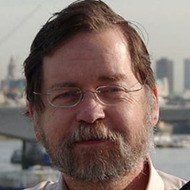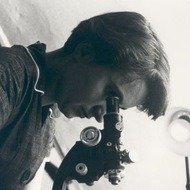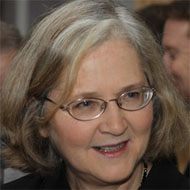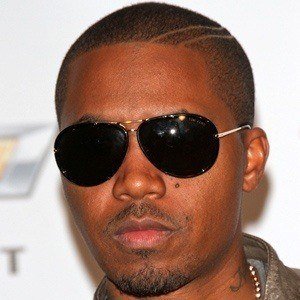
| Born | September 26, 1849, Ryazan, Russian Empire |
| Died | February 27, 1936, Leningrad, Russian SFSR, Soviet Union |
| Residence | Russian Empire, Soviet Union |
| Fields | Physiologist, physician |
| Institutions | Imperial Military Medical Academy |
| Alma mater | Saint Petersburg University |
| Doctoral students | Pyotr Anokhin, Boris Babkin, Leon Orbeli |
| Known for | Founder of modern behavior therapy, Classical conditioning |
| Influences | Carl Vogt, Jacob Moleschott |
| Influenced | John B. Watson, Joseph Wolpe |
| Notable awards | Nobel Prize in Physiology or Medicine (1904), ForMemRS (1907), Copley Medal (1915) |
About Ivan Pavlov
Biologist Ivan Pavlov was born on September 14, 1849 in Ryazan, Russia (He dies at the age of 86, on February 27, 1936).
Russian scientist who famously had his dog salivate every time he rang a bell to study conditioned response in creatures. In 1904, he was awarded the Nobel Prize in Physiology or Medicine for his work on the physiology of digestion.
All information about Ivan Pavlov can be found in this post. It will clarify Ivan Pavlov's info: biography, age, facts, income, family, husband & breakup of Ivan Pavlov...
Ivan Pavlov before becoming famous
Ivan Pavlov was born in the Zodiac sign Virgo (The Maiden), and 1849 is also the year of Rooster (雞) in the Chinese Zodiac.
He began his studies at an Ecclesiastical Seminary before transferring to Saint Petersburg University.
Achievement of Ivan Pavlov
While he made significant contributions to psychology, he did not consider himself a psychologist and even loathed the field.
Ivan Pavlov's Family, Spouse, Dating and Relationship
Wirchik, Vera, Victor, Vladimir, and Vsevolod were his five children.
Ivan Pavlov Collabed with
Philosopher Bertrand Russell was a believer in his mental philosophy.
Ivan Pavlov Income & Net worth
Ivan Pavlov's income mainly comes from the work that created his reputation: a biologist. Information about his net worth in 2026 is being updated as soon as possible by allfamous.org, you can contact to tell us Net Worth of the Ivan Pavlov.
Ivan Pavlov Height and Weight
How tall is Ivan Pavlov? Information about Ivan Pavlov height in 2026 is being updated as soon as possible by AllFamous.org. Or you can contact us to let us know how tall of Ivan Pavlov.
People also ask about Ivan Pavlov
What is Ivan Pavlov's real name?
When is Ivan Pavlov's birthday?
When did Ivan Pavlov die?
At what age did Ivan Pavlov die?
Where is Ivan Pavlov from?
When was Ivan Pavlov born?
Reference: Wikipedia, Tiktok, Youtube, Instagram and Twitter.
Latest information about Ivan Pavlov updated on March 15 2023.

























